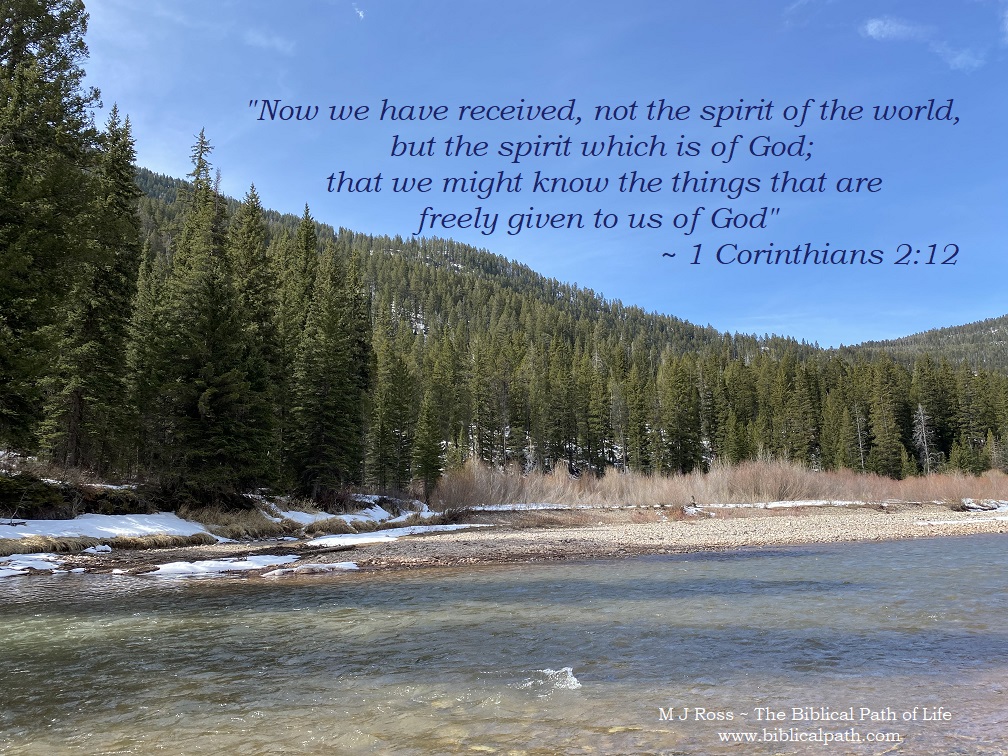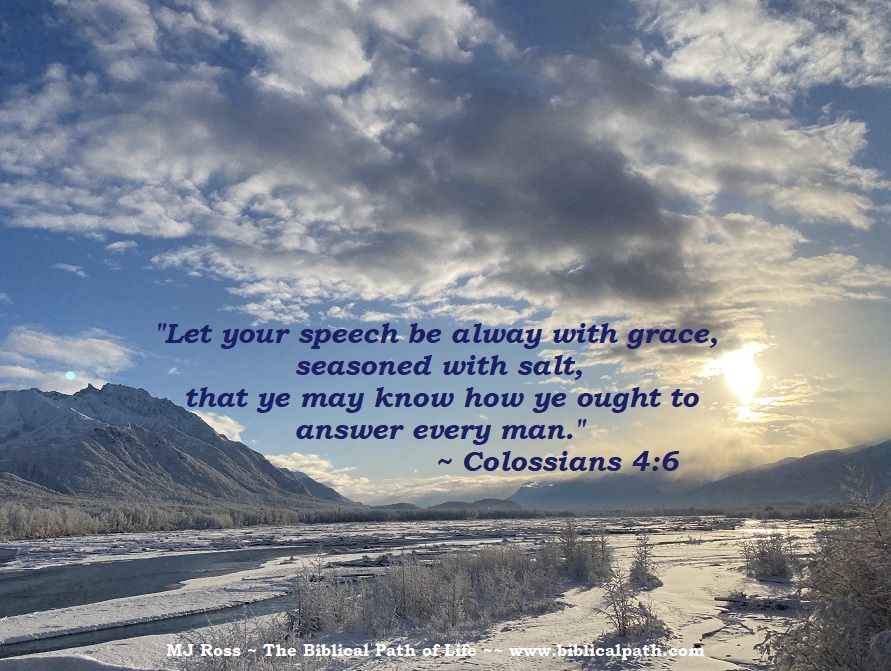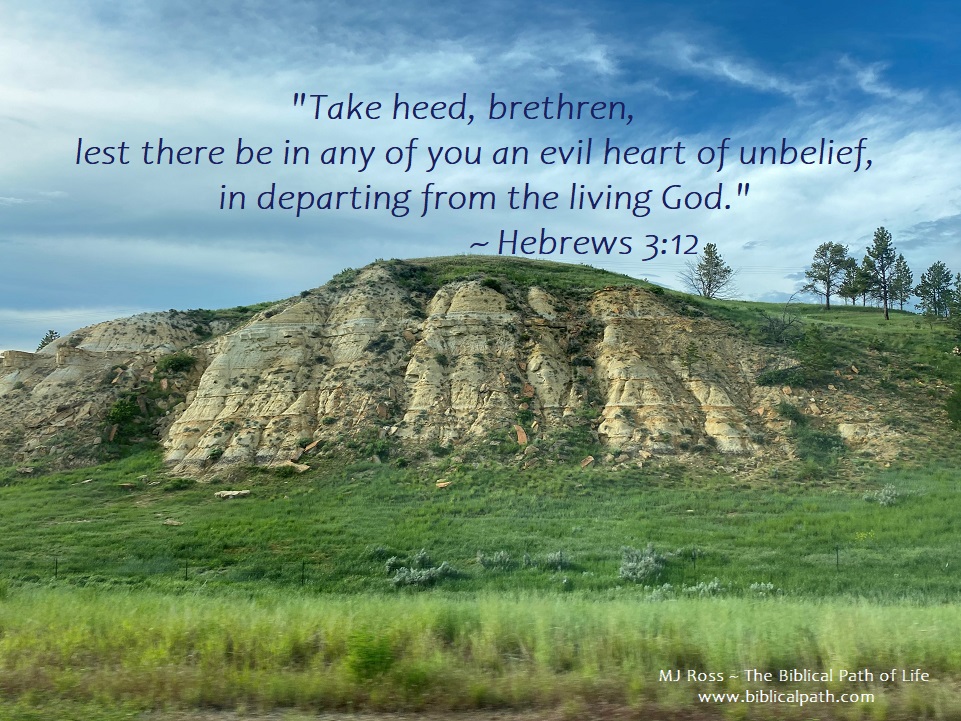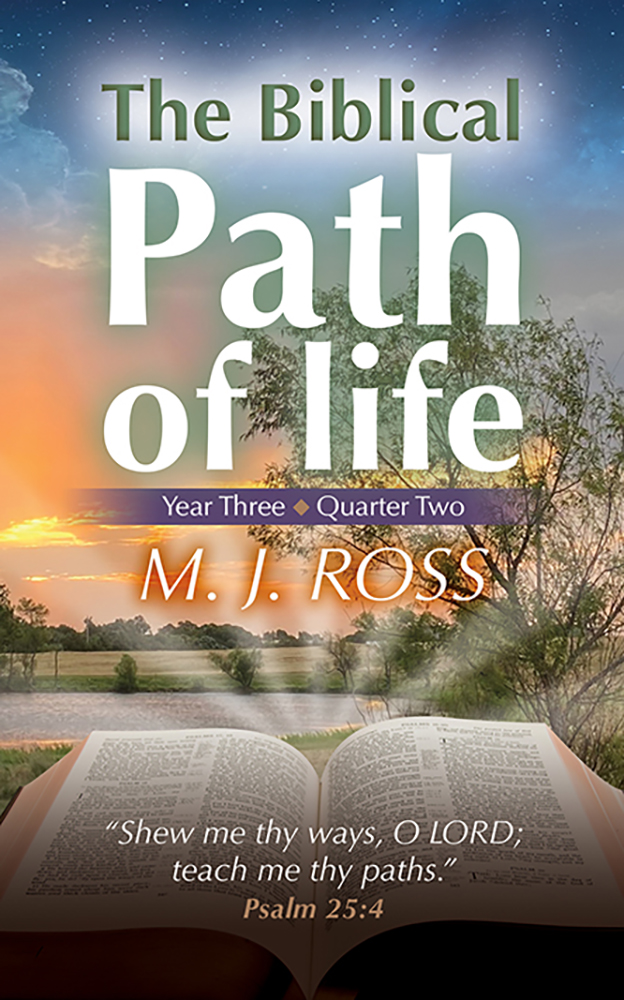
“My sheep hear my voice, and I know them, and they follow me:”
John 10:27
The other day, I heard a song played at church that I had not heard for many years. It was called, “He’s Everything to Me.” Although I had not heard the song for a long time, the words came flooding back into my mind and heart immediately. Songs often do that. It reminded me of what I had been reading in John 10 about the Good Shepherd, Jesus. He calls His sheep by name, He leads them out, He goes before His sheep and they follow Him because they know Him. This Good Shepherd not only takes care of His sheep, “…the good shepherd giveth his life for the sheep” (see John 10:11). Read what else we learn. “I am the good shepherd, and know my sheep, and am known of mine” (John 10:14).
As you read the words to “He’s Everything to Me”, consider what it is saying.
He’s Everything to Me
by Ralph Carmichael
“In the stars His handiwork I see,
On the wind He speaks with majesty,
Though He ruleth over land and sea,
What is that to me?
I will celebrate Nativity,
For it has a place in history,
Sure, He came to set His people free,
What is that to me?
Till by faith I met Him face to face,
and I felt the wonder of His grace,
Then I knew that He was more than just a
God who didn’t care,
That lived a way out there and
Now He walks beside me day by day,
Ever watching o’er me lest I stray,
Helping me to find that narrow way,
He’s Everything to me.”
The song begins with one recognizing the hand of God in nature. Remember: “When I consider thy heavens, the work of thy fingers, the moon and the stars, which thou hast ordained” (Psalm 8:3). See also: “The heavens declare the glory of God; and the firmament sheweth his handywork.” (Psalm 19:1). God reveals Himself through His creation, yet not many acknowledge God. Most people celebrate Christmas. However, the birth of Jesus means very little to most people. God delivered His people from Egypt with His mighty hand. Yet many people are indifferent to this fact: “What is that to me?” God tells us why He did this: “Unto thee it was shewed, that thou mightest know that the LORD he is God; there is none else beside him” (Deuteronomy 4:35). But more than that, remember: “For the wages of sin is death; but the gift of God is eternal life through Jesus Christ our Lord” (Romans 6:23). God sent His son, Jesus, who came to take away the penalty of sin (death) to give eternal life to one who would believe by faith. Even with all of this, many people end their thought of God on this note: “What is that to me?”
Nevertheless, to those who receive Jesus Christ as their Lord, all of these things become meaningful. This song reminds us of how special it is that we can be saved by grace through faith: “For by grace are ye saved through faith; and that not of yourselves: it is the gift of God” (Ephesians 2:8). We understand that God really does care about us as individuals. It is then that we can meet Him “face to face”. Jesus becomes our Good Shepherd. “27. My sheep hear my voice, and I know them, and they follow me: 28. And I give unto them eternal life; and they shall never perish, neither shall any man pluck them out of my hand” (John 10:27-28). Believers (Christians) belong to Jesus for forever.
Because of this, Jesus now walks with us day by day. “6. As ye have therefore received Christ Jesus the Lord, so walk ye in him: 7. Rooted and built up in him, and stablished in the faith, as ye have been taught, abounding therein with thanksgiving” (Colossians 2:6-7).
Why is it important to walk with Jesus day by day? “For we are his workmanship, created in Christ Jesus unto good works, which God hath before ordained that we should walk in them” (Ephesians 2:10). He has a plan for each Christian. Because Jesus is our Good Shepherd (see John 10:11), He will watch over us, helping us to walk with Him. “He that saith he abideth in him ought himself also so to walk, even as he walked” (1 John 2:6). Because of this, we are called to “walk worthy”. “That ye might walk worthy of the Lord unto all pleasing, being fruitful in every good work, and increasing in the knowledge of God” (Colossians 1:10).
The Christian life in this world today can be a difficult one to traverse. Remember what Jesus warned: “Because strait is the gate, and narrow is the way, which leadeth unto life, and few there be that find it” (Matthew 7:14). It may be difficult at times, but our Good Shepherd will lead us day by day: “Ever watching o’er me lest I stray, Helping me to find that narrow way”. Why? Because “He’s Everything to me.”
Have you met the Good Shepherd “face to face”, and “felt the wonder of His grace”?
Is He everything to you?
If you have not met Him “face to face” there are Scriptures to introduce you to Jesus.











